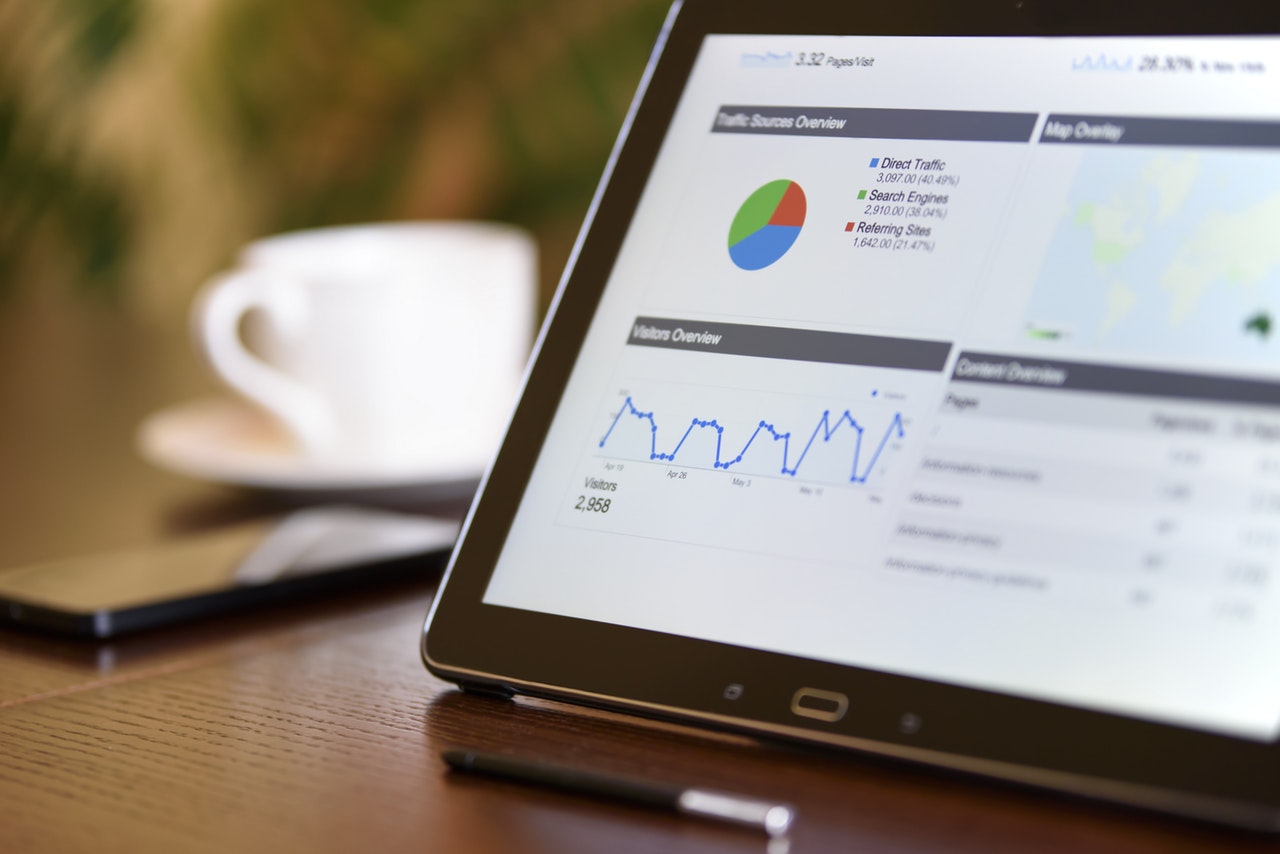For every PPC marketer, it’s a challenge to find the right balance when analyzing data. Ever felt torn between “need more data for a full picture“ and “totally overwhelmed by numbers?” The solution is probably easier than you’d imagine. There are several ways to streamline your analytics efforts in order to keep the balance – one of them is to make sure you’re squeezing the most out of the tools you’re already using.
Google Analytics is an extremely powerful platform for marketers, but with the wealth of features it provides, it’s easy to overlook what’s really important. We’ve put together five Google Analytics features you should be using to enhance your PPC strategy. Read on to make sure you’re leveraging them all!
Quickly test goals with Real-Time reports
Before launching a PPC campaign, you need to make sure all the goals and events are set up correctly, in order to properly track the campaign’s results. The quickest way to do this is to use the ‘Real-Time’ report. Open the ‘Conversions’ tab and then go to your target page and perform the action you’ve set as a goal; if set up correctly, the counter on the ‘Conversions’ page will reflect it.
Explore assisted conversions
When it comes to tracking conversions, an average conversion path will most likely have several channels contributing to the final goal. If a channel appears at any stage except for the final interaction, it’s considered to be assisting the conversion.
Google Analytics allows you to explore assisted conversions, identify which channels were more effective in assisting conversions, analyze how the situation changed over time and tweak your PPC strategy based on this data. The main advantage, compared to Google Ads, is the ability to compare multiple channels, including social advertising, referral traffic, and more.
Gain Audience insights
Google Analytics has huge potential for identifying the best-performing and the worst-performing audiences for your niche. There are some ways you can improve your PPC performance based on audience insights:
- Build audiences for remarketing campaigns in both GDN and DoubleClick and use Analytics to define the criteria for adding users to remarketing lists for search ads (RLSA).
- Find ideas for attracting new traffic by exploring those who convert best. Once you determine their characteristics in terms of demographics, interests, geographical position, etc., you can launch new campaigns targeting audiences with the same characteristics in GDN or social media.
- Identify what your worst-performing users have in common, in order to exclude these audiences from your campaigns.
It’s important to note that Google Ads provides audience insights as well, but only based on the traffic from Google Ads, while Google Analytics is able to accumulate data from all channels.
Compare key metrics for different channels
Analyzing behavior and conversions in Google Ads doesn’t give you the full picture. How do visitors brought via paid search and display ads perform, compared to those brought by social media advertising? Email? Referral? Organic? The bird’s-eye view of all the types of traffic will help you better understand the value of PPC channels and, eventually, reallocate budgets and efforts to boost your results.
Make use of Custom Alerts and Annotations
Setting up custom alerts is great if you want to have control of your overall traffic and user behavior situation. While Google Ads alerts are handy to warn you about drastic changes in CTR, CPC or conversions for a particular campaign, Google Analytics is helpful to understand a full picture.
There are some metrics you might already be tracking through custom alerts like shifts in impressions, clicks and conversions. Some less obvious examples that could be helpful for you as a PPC specialist include:
- Site load speed slowdown – can lead to a conversion rate drop
- Bounce rate spike – one of the ways to know if the landing page content is irrelevant
- Branded traffic from Google Ads decrease – may be a signal a competitor has started bidding on your brand name
- Branded organic traffic increase – useful to track when you run a massive brand awareness campaign
Annotations are another great opportunity to track and analyze changes on your website, especially when there are several departments (technical department, PR managers, event planners) to use them. Migration to a new CMS, big conference or massive PR campaign – these are just a few examples of what can influence the results of your PPC efforts.
